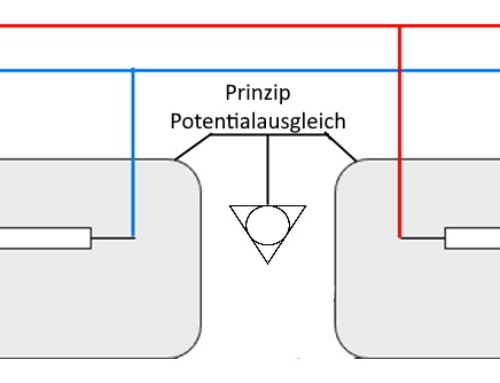Again and again, the question arises as to whether electric cars are safe at all, as “the battery thing” is “always such a thing. And it’s true, a lot of attention is being paid to potential hazards. When asking about safety, one must also soberly ask “safe compared to what”? Because there is no such thing as absolute safety – not even in high-voltage safety.
In the media perception, it is also very easy to get the impression of insecurity – press reports with electric vehicles on fire on highways captivate us and enjoy a lot of attention. So electric vehicles are not entirely harmless. However, the question of comparison still remains.
Are internal combustion engines so safe – with a tank full of a liquid, highly flammable chemical that evaporates so much at summer temperatures that explosive gas mixtures can form in the air?
The media attention is also simply due to the novelty content, combustion engines (in principle already designed for fire, the name comes not by chance) burn really well – but we have become accustomed to it, that is simply not worth a detailed headline in national media (more). In Germany alone, there are around 15,000 vehicle fires per year, which is more than 40 car fires involving combustion vehicles per day!
E-mobility will not solve all problems overnight, nor will electric vehicles automatically become safer in every respect due to their type of drive. But not more unsafe either. In fact, a recent study by Dekra showed that current electric vehicle manufacturers have the technology around the battery and electrical wiring under control. In addition, the experience gained from traffic accidents in recent decades is used from the outset when drawing up safety concepts – whether by automatically disconnecting the battery when an airbag is triggered or by including the rescue separation point for firefighters and emergency services.
Electric vehicles are thus also a real alternative in terms of safety.










Leave A Comment